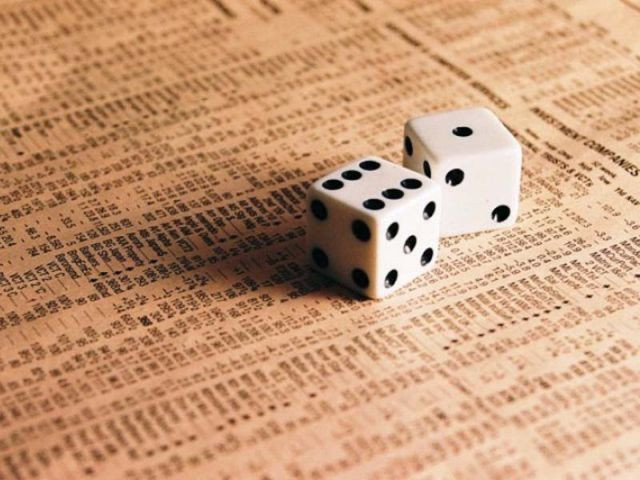Paying for someone else’s mistakes
While it is claimed that luxury items are being taxed, the fact is that ordinary people will still have to bear impact

PHOTO: FILE
But as one delves deeper and studies the kind of goods that have been taxed, it is clear that the authorities ran out of options and are now forced to make the general public bear the brunt of the FBR’s failures. Faced with protests after trying to tax traders, pushed into announcing a Kisan package for the agriculture sector, raising GST on petroleum products and CGT on the sale of stocks, the government has now tapped another indirect source of taxation. While it is being claimed that “luxury items” are being taxed, what is being ignored is the fact that ordinary people will still have to bear the impact, even if they do not use these goods on a regular basis. The items being taxed include commodities used daily, not only in ordinary households, but as a source of input at eateries as well. This will effectively increase inflation, but the government will get away with it as the people most affected — the lower, middle and salaried class — will not protest and do not have the lobbying power of other sections of Pakistani society. Duties on used, imported vehicles have also been raised. This will do little to foment competition in the local automotive industry, protecting it further against second-hand, yet better quality cars. The government might now be able to meet the IMF condition, but the public will end up ruing another development caused by years-long corruption, inefficiency and flaws in Pakistan’s taxation system.
Published in The Express Tribune, December 2nd, 2015.
Like Opinion & Editorial on Facebook, follow @ETOpEd on Twitter to receive all updates on all our daily pieces.















COMMENTS
Comments are moderated and generally will be posted if they are on-topic and not abusive.
For more information, please see our Comments FAQ